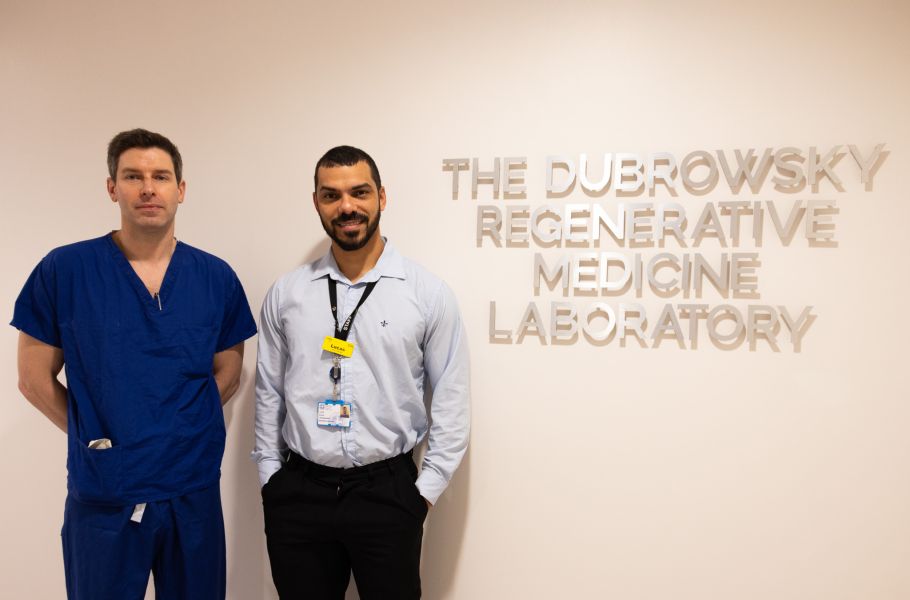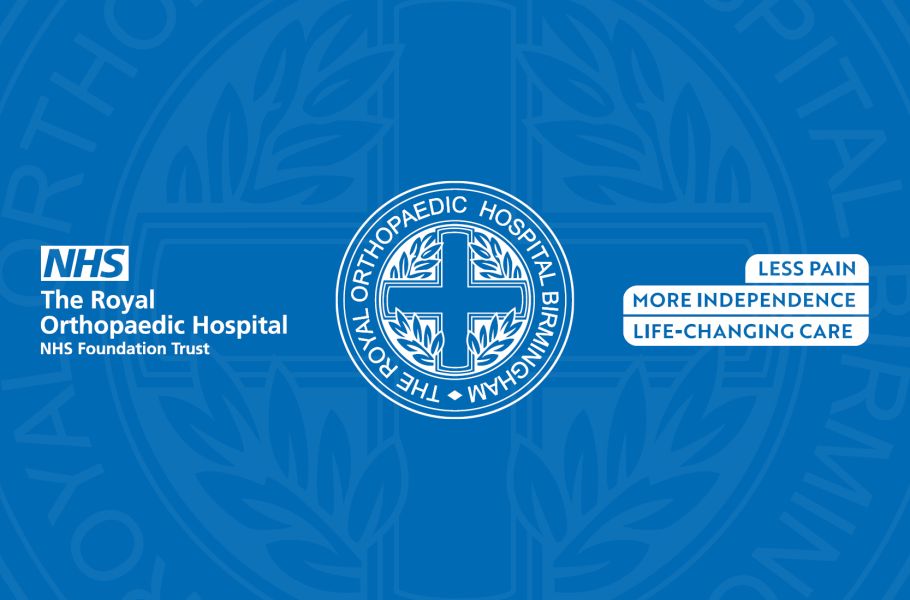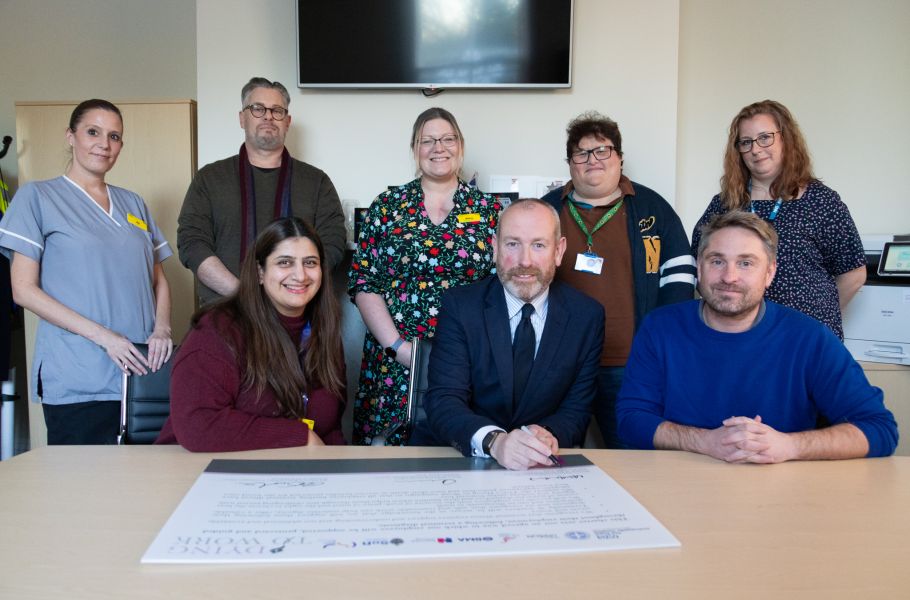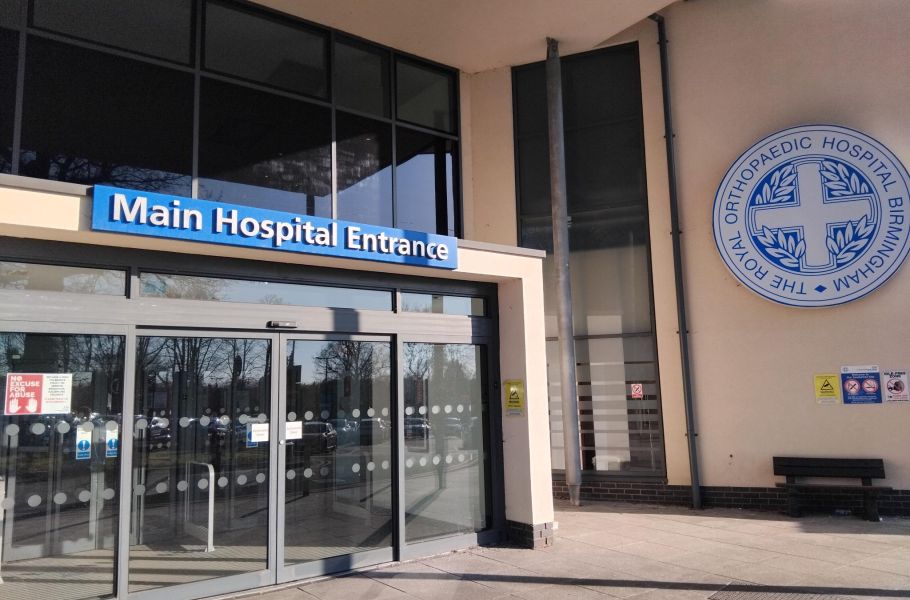Pioneering orthopaedic study explores biomagnetic technology in Birmingham
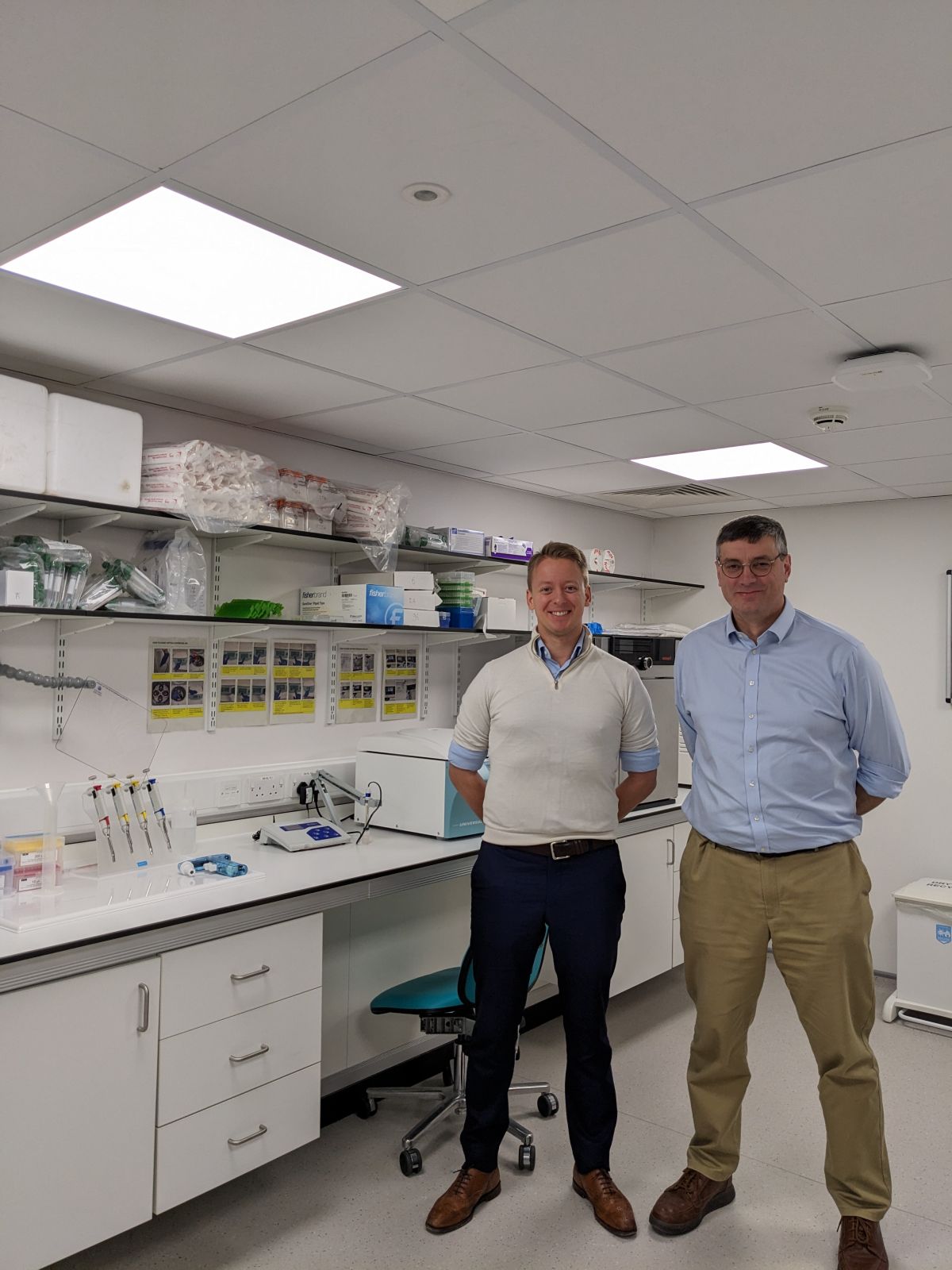
The Royal Orthopaedic Hospital is collaborating with MICA Biosystems, a Birmingham based biotechnology company, to bring its futuristic remote-controlled cell technology closer to clinical trials, to be used in orthopaedic medicine and beyond.
MICA Biosystems is working with the Royal Orthopaedic Hospital to research how a revolutionary cell-augmenting nanotechnology can be used in regenerative medicine, to help patients with arthritis and osteoporosis after surgery and tendon repairs.
The research is being carried out at the hospital’s Dubrowksy Regenerative Medicine Laboratory using donated samples from patients for laboratory work prior to developing their clinical trial. The aim is to move to clinical trials with patients at the end of 2024.
Professor Adrian Gardner, Consultant Spine Surgeon and Director of Research and Development at The Royal Orthopaedic Hospital, commented: “We’re thrilled to be working with MICA Biosystems on their pioneering research which has the potential to improve patient outcomes, in orthopaedics and beyond.
“We work closely with world-leading industry partners to ensure that our patients have access to the very latest innovations in orthopaedic care and it’s brilliant to be collaborating with MICA who are also based in Birmingham – it’s a testament to just how much innovation is taking place right here in the Midlands.”
MICA Biosystems groundbreaking technology is able to remotely give instructions to individual cells inside the body, by binding magnetic nanoparticles (i.e. antennae) to the surface of the chosen cells and then controlling them with an external magnetic field, worn as a bandage by patients following their surgery.
These ‘instructions’ can be migration signals (telling the cell which direction to travel) which is useful, for example, for tendon repairs, or tissue ‘messages’ which create specific tissue inside a patient- for example a higher density of bone cells where the patient has a lower density of bone, such as patients with scoliosis or other back issues.
Dr. Michal Zurawski, Chief Executive Officer, at MICA Biosystems commented: “Our strategic partnership with The Royal Orthopaedic Hospital cannot be overstated in its importance to the progress of our revolutionary nanotechnology. We plan to start our Phase 2a Clinical Trials within the year- a timeline made possible in large part thanks to the work we were able to complete at the Dubrowsky Laboratory.
Our nanotech-augmented, remote-controlled cells have the possibility to change the face of medicine, improving the lives of millions of patients. The ability to collaborate with world-class, research-minded clinicians was an important factor in our decision to make Birmingham our home, and the centre of our strategy to bring medicine into the future.”
The current focus is on how MICA’s technology could be used in spinal fusion procedures, which is a key part of many spinal surgeries including for scoliosis. The nanotechnology would be used to control a patient’s cells in situ in the body, to influence how the body heals. This is an alternative to using cultured cells (where the cells are grown in a lab) that are extracted during an initial surgery and then implanted back into the patients several weeks later in another surgery.
Instead, this approach can be done as part of spinal fusion surgery using the patient’s own cells, with the procedure taking about 15 minutes. During the operation, the surgeon would take out part of the patient’s bone marrow and bind the nanoparticles (the signalling technology) to the cells which are then placed back into the patient during the same surgery.
The Dubrowsky Laboratory was made possible by a legacy donation of £1.5m to the Royal Orthopaedic Hospital, and was officially opened in 2019. The laboratory focuses on research into rare bone cancers and other orthopaedic problems and their treatments.
